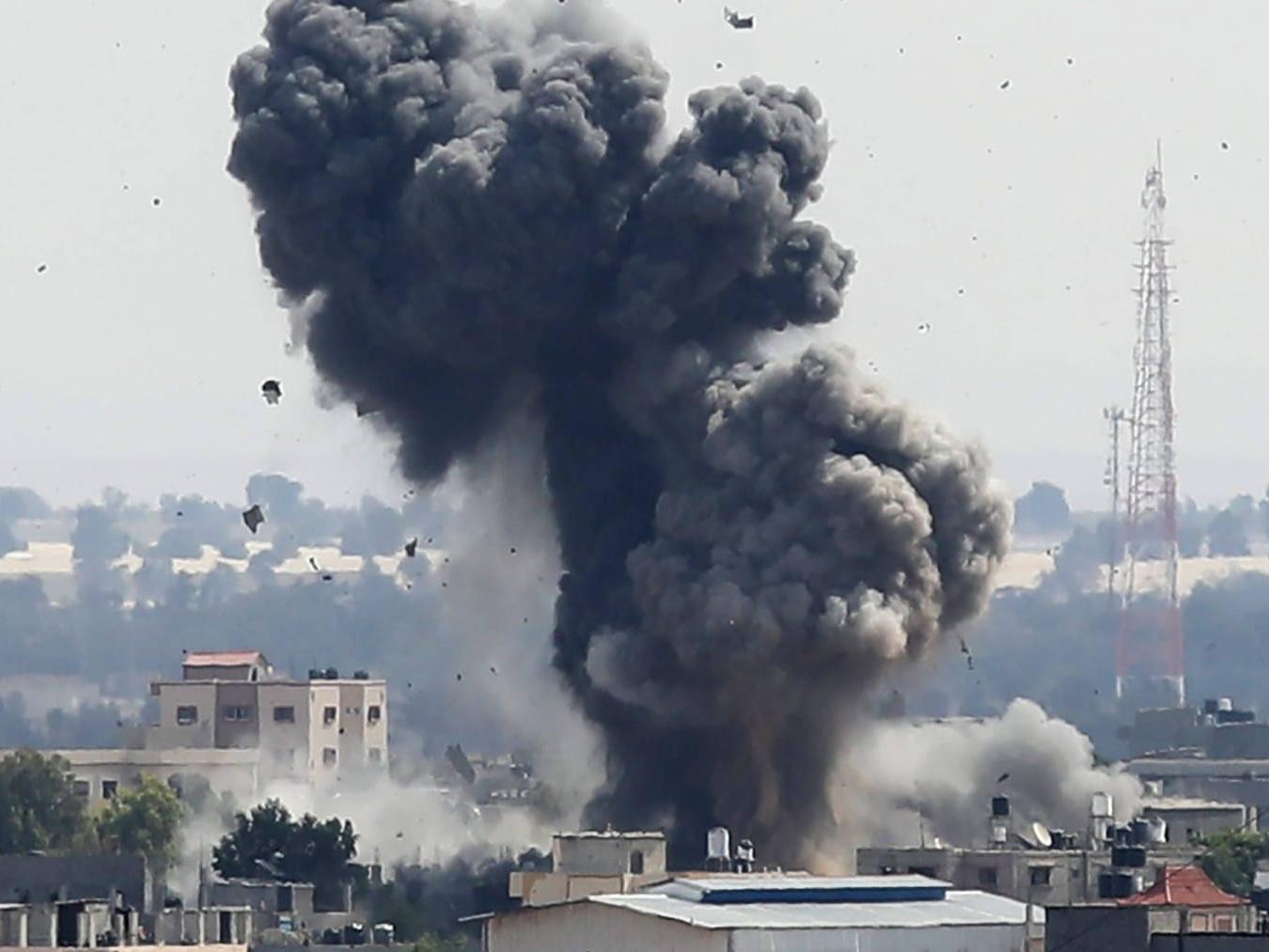On September 3, 2024, Alexander Shiplyuk, a prominent Russian scientist and director of the Institute of Theoretical and Applied Mechanics of the Siberian Branch of the Russian Academy of Sciences, was sentenced to 15 years in a strict-regime penal colony for high treason by the Moscow City Court. The court found Shiplyuk guilty under Article 275 of the Russian Criminal Code and imposed additional penalties, including a fine of 500,000 rubles and 1.5 years of restricted freedom after his release.The case, classified as secret, involved allegations that Shiplyuk transferred sensitive information related to hypersonic research during a scientific conference in China in 2017. Shiplyuk, 57, has consistently denied the charges, insisting that the information in question was publicly available. The trial was conducted behind closed doors due to its classified nature, with only the verdict being read publicly.This sentencing is part of a broader crackdown on scientists in Russia, particularly those involved in sensitive research areas. Since 2018, the FSB has accused over a dozen physicists of treason. Shiplyuk’s case follows the conviction of his colleague, Anatoly Maslov, who was sentenced to 14 years in prison in May 2024 for allegedly transferring classified information to German intelligence.The international scientific community and human rights organizations have expressed concern over these cases, viewing them as part of an intensifying campaign of repression in Russia. Critics argue that these prosecutions are stifling international scientific cooperation and potentially hampering Russia’s own scientific progress.The Russian government, however, maintains that these measures are necessary to protect sensitive information related to national security, particularly concerning advanced military technologies like hypersonic weapons, which President Vladimir Putin has claimed are ‘invincible’.
Key points
- Alexander Shiplyuk, a Russian hypersonic researcher, has been sentenced to 15 years in prison for high treason.
- The case is part of a broader crackdown on scientists in Russia, with over a dozen physicists accused of treason since 2018.
- Critics argue these prosecutions are stifling international scientific cooperation, while the Russian government claims they are necessary for national security.
Contradictions👾While the prosecution claims Shiplyuk transferred sensitive information, he insists the information was publicly available.
👾The Russian government argues these measures protect national security, but critics say they may be hampering scientific progress.



